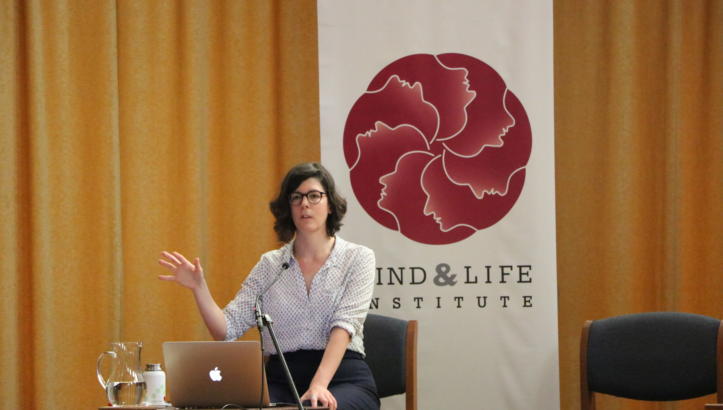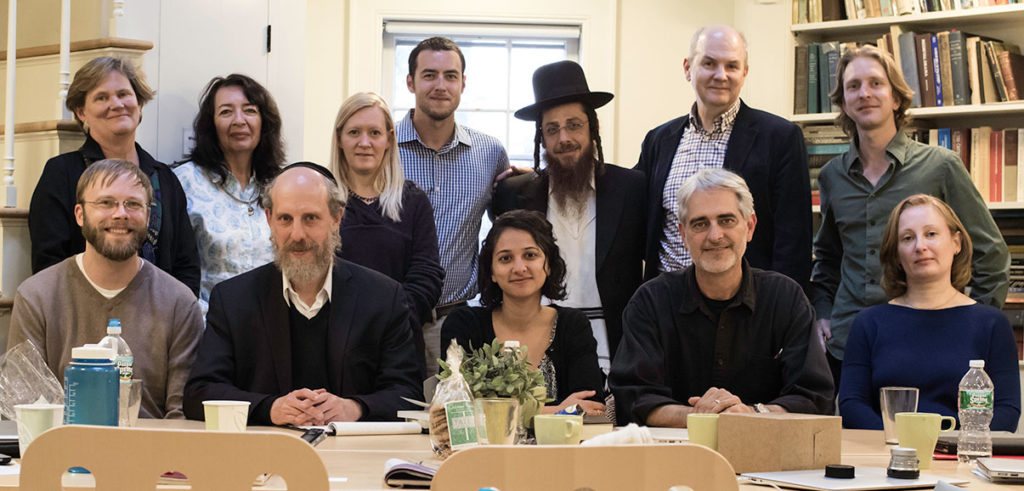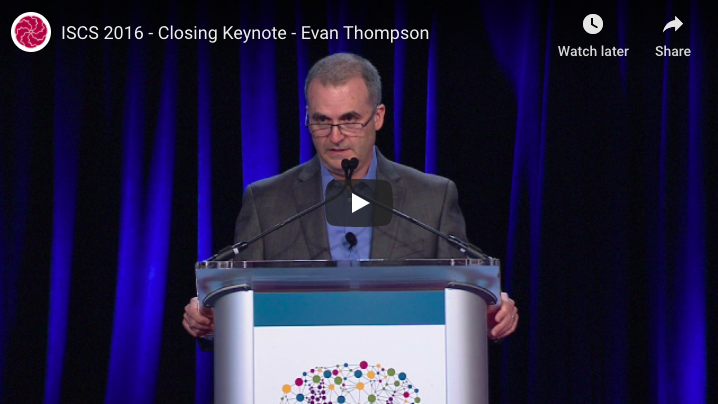Session #1 of The Mind and Life XXXII Dialogue at Botho University in Gaborone, Botswana held on August 17-19, 2017. National anthem performed by Tebogo Matbesi: 4:25 Welcome from Botho University (Sheela Raja Ram): 7:24 Rev. Rupert Hambira: 19:10 Raphael Sikwane: 26:06 Rev. Canon Mpho Tutu Van Furth: 34:56 Susan Bauer-Wu: 51:49 Video message from …
Topic Archives:
Message by His Holiness the Dalai Lama to the Mind & Life Botswana Dialogues
Message by His Holiness the Dalai Lama for the Mind & Life Conference on “Botho/Ubuntu: A Dialogue on Spirituality, Science and Humanity” being held in Gaborone, Botswana August 17-19, 2017.
Interconnection, Inclusivity and Transdisciplinary Collaboration in Contemplative Research
Each year, the Mind & Life Institute hosts the Summer Research Institute to bring together scholars, researchers, professionals and practitioners from a variety of fields who share an interest in contemplative research. The purpose of this program is to bring students, recent graduates, junior faculty and postdocs into conversation with established investigators in order to …
Building a Humane Science of Intersubjectivity
Philosopher of cognitive science Hanne De Jaegher aims to put the humanity back in the scientific process of studying human experience. Editor’s Note: The 2017 Mind & Life Summer Research Institute took place from June 5 – 11 at the Garrison Institute in New York. This year’s program, focused on the theme of “Intersubjectivity and Social …
Continue reading “Building a Humane Science of Intersubjectivity”
Is Technology Interfering with Our Most Intimate Relationships?
Psychology professor David Sbarra explores what technology addiction is doing to our in-person relationships from an evolutionary perspective. Editor’s Note: The 2017 Mind & Life Summer Research Institute took place from June 5 – 11 at the Garrison Institute in New York. This year’s program, focused on the theme of “Intersubjectivity and Social Connectivity,” brought together …
Continue reading “Is Technology Interfering with Our Most Intimate Relationships?”
The PhenoTank: A Mind & Life Think Tank on the Microphenomenology of Contemplative Experience
What happens when an experience is described? Does the very effort to find words deepen practice, sharpen awareness, clarify an experience? Imagining a lens through which to deepen access to contemplative experience, these were among the questions that drove the conversation at a Mind & Life-funded Think Tank entitled the “PhenoTank,” held at the École …
An in-depth look at a Mind & Life Think Tank on Abrahamic traditions
To date, the traditions and techniques that have been most substantively researched in the field of contemplative science have largely derived from Buddhism and Buddhist-inspired movements. While there have been tremendous advances and developments due to this collaboration—indeed there would be no field without it—a natural consequence of this specific alliance is that insights from …
Continue reading “An in-depth look at a Mind & Life Think Tank on Abrahamic traditions”
ISCS 2016 marks coming of age for Mind & Life
For those who recently attended Mind & Life’s International Symposium for Contemplative Studies (ISCS) in San Diego, the experience provided an unusually intimate and affirming sense of connection and possibility — amid 1200 attendees. This was partly due to its timing, immediately following the presidential election, which prompted some of the speakers and panelists to …
Continue reading “ISCS 2016 marks coming of age for Mind & Life”
“Prayer is action”: Contemplative practice and social justice in Standing Rock, ND
On my first morning at Standing Rock, after a cold sleep punctuated by the sound of a helicopter in the night sky, a camp leader addressed newly arrived people in these words: “I see many of you who are new to camp walking around looking for action. Let me remind you that prayer is action.” …
ISCS 2016 – Closing Keynote – Evan Thompson
What is Mindfulness? An Embodied Cognitive Science Perspective











